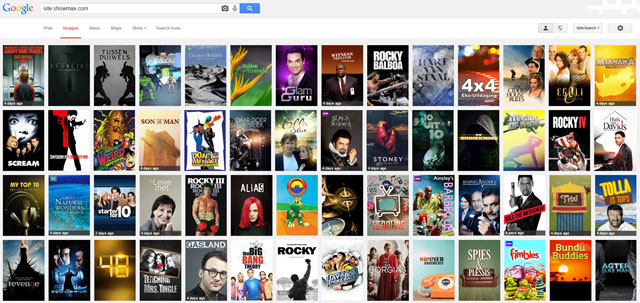MTN Group’s former video-on-demand provider, Discover Digital, is starting a new South African online TV service with lender Investec, just days after its partnership with Africa’s biggest wireless operator was cancelled. The closely
Browsing: Naspers
Internet Solutions (IS) is, according to Bloomberg, in talks to buy Dark Fibre Africa (DFA) from Remgro, majority owner (51%) of DFA-parent Community Investment Ventures. The report last week suggested that the sellers want as much as
On TalkCentral this week, Duncan McLeod and Regardt van der Berg chat about Internet Solutions’ reported discussions to acquire Dark Fibre Africa. Also this week, Naspers to pump almost R1bn
JSE-listed media and e-commerce giant Naspers has announced it will invest R960m in South African e-retailer Takealot Online – which owns Takealot.com and other assets – in the process taking a majority stake in the company. In a statement
Duncan McLeod and Regardt van der Berg are back for another opinionated slice of technology analysis (plus some politics – it’s been quite a week). In this week’s show: the Samsung Galaxy S8 unveiled
WeChat, China’s most popular social media and messaging service, has launched a new bid in Europe and the US to develop its payments offering and win new advertisers. Owned by Tencent Holdings, in which South Africa’s
Amazon.com has agreed to buy Dubai-based online retailer Souq.com, whose shareholders include Naspers and Tiger Global Management, betting that e-commerce in the Middle East is poised to take off. The US e-commerce
Tesla has won a vote of confidence from Chinese Internet giant Tencent Holdings, whose purchase of a 5% stake boosts Elon Musk’s ambitions to get his mass-market Model 3 electric sedan to buyers this year. Tencent paid about US$1,8bn
Naspers-owned ShowMax and mobile operator Vodacom have partnered to offer “free” data for watching shows on the video-on-demand platform. Effective immediately, ShowMax is offering three months of data, adding
One of the ANC discussion documents, published at the weekend ahead of the party’s national policy conference to be held from 30 June to 5 July 2017, has warned that efforts to license competition to DStv parent










